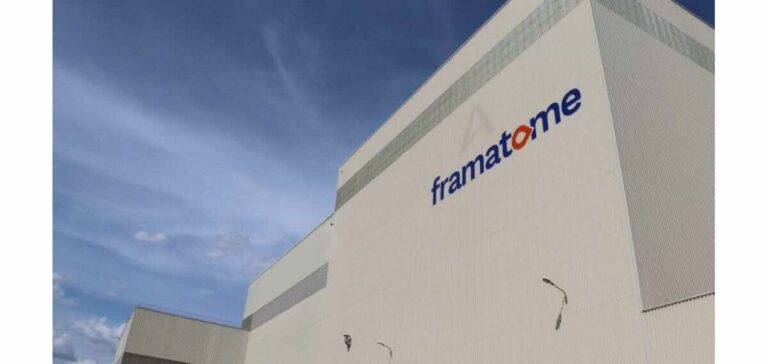Framatome has inaugurated a new production facility at its Romans-sur-Isère site in the Drôme region, within its CERCA unit. This new workshop is designed to ensure the continuity and reliability of manufacturing fuels for research reactors, as well as targets for medical isotope production. The facility replaces the former “uranium zone” and incorporates equipment that meets current nuclear safety standards.
An industrial tool dedicated to supply continuity
The project aims to sustainably maintain the production capabilities of the CERCA unit, which plays a central role in the global supply of specialised nuclear fuels. According to Framatome, the new facility incorporates technologies designed to ensure operational reliability, with particular focus on safety, nuclear security and operational ergonomics. It is based on over 65 years of industrial expertise.
“Nuclear safety, security, environmental protection, and operational reliability have all been carefully considered,” said Lionel Gaiffe, Senior Executive Vice President, Business Unit Fuel at Framatome. He added that the company now possesses an industrial tool “to ensure the supply of fuels for research reactors and medical targets for decades to come”.
A strategic site for global production
The CERCA unit has operated at the Romans-sur-Isère site since 1959. It currently supplies nearly all European research reactors, as well as several facilities internationally. To date, more than 20,000 fuel elements have been manufactured by CERCA for research reactors worldwide. The company is also a key contributor to the global production of uranium-based targets for technetium-99m, which is used in approximately 75% of nuclear medicine scans globally.
A response to ageing infrastructure
The infrastructure upgrade comes as legacy equipment reaches its technical limits. Replacing the uranium zone is intended to prevent operational disruptions caused by ageing systems, in a context where regular deliveries remain essential for end users. Framatome has not disclosed the total amount invested in the project.





















